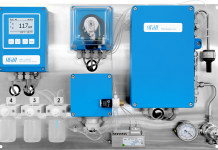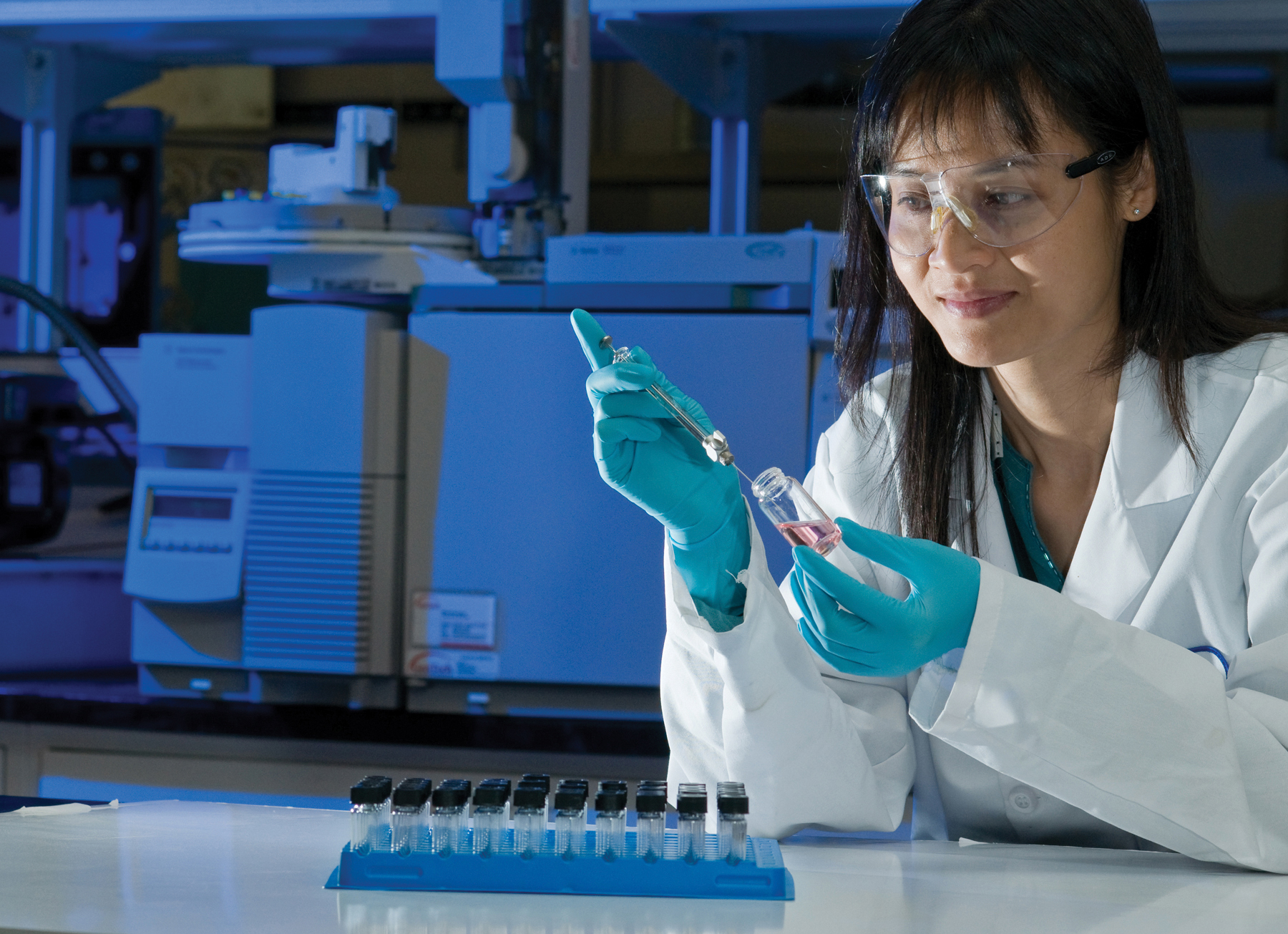The Government support for universities shows that ministers acknowledge the crucially important role that they play in supporting innovation.
That is why the UK Government also recently announced funding of more than £200 million for PhD students in engineering and physical sciences and to boost the UK’s research into quantum technologies. Universities Minister Jo Johnson said the investment will support cutting-edge research across the UK and help top students into a PhD, adding: “We are committed to securing the UK’s position as a world leader in science and innovation. The Government is ensuring major new discoveries happen here. This new funding builds on our protection for science spending by supporting research in our world-leading universities and helping to train the science leaders of tomorrow.”
Many of those leaders are hard at work in universities. Professor Gregory G. Wildgoose, Director of Enterprise at the School of Chemistry, University of East Anglia in Norwich, said: “Things have changed in the past ten or twenty years. If you go back two decades, academics often did research without thinking of a commercial application but that has changed.
“Also, previously, if companies approached a university it was one of the big names but now they are more prepared to approach other universities as well “I think they realise that if they have a problem, universities have access to specialist equipment and expertise that can help them. “We are definitely seeing universities driving innovation in the chemical sector and increasingly seeing universities and companies working together on solving problems for projects that bring economic and societal benefits.”
One example at UEA is work done by a spin-out company to develop a portable device which analyses fingerprint sweat and which is revolutionising drug screening. Developed by UEA’s Prof David Russell, with research funding from the Engineering and Physical Sciences Research Council, Intelligent Fingerprinting enables non-invasive and cost effective drug testing in less than ten minutes. Applications include drug rehabilitation services, offender management and criminal justice. Existing drug screening methods require the collection of fluids like urine, saliva or blood and rely on specialist staff and specially prepared collection areas. Thanks to Intelligent Fingerprinting’s technology, fast and accurate tests can be performed in any location, with benefits for police and prisons, healthcare workers, drug rehabilitation clinics, and workplaces with drug screening policies.
Prof Russell, from UEA’s School of Chemistry, said: “The device works by analysing the tiny traces of sweat left behind by a fingerprint. When the chemicals contained in drugs are processed by the body, secondary chemicals called metabolites are produced as a result. “Our device can detect tiny amounts of these metabolites in a person’s sweat and determine whether particular drugs have been taken.” The device will initially test for amphetamines, benzodiazepines, cannabis, cocaine and opiates but has the potential to detect even more drug groups. The amount of each drug that constitutes a pass or fail can also be calibrated, providing further flexibility for potential users.
An additional benefit is the potential for the device to combine verification of identity with drug screening. Prof Russell said: “Since the test results are linked to a unique fingerprint, the risk of attributing a positive result to the wrong person is minimised and identity checks can be carried out by security personnel at the same time as drug screening.” In 2014, Intelligent Fingerprinting secured almost £3 million in new funding from private UK and US-based investors and company, a spin-out from the University of East Anglia, is generating worldwide interest.
Innovation on the up
More UK businesses than ever before are coming up with new ideas and products, according to new official Government statistics released. The statistics, based on a survey of almost 30,000 employers between 2012 to 2014, show more than half (53%) of UK businesses are actively engaging in developing and introducing new products and ways of making them, as well as new services and ways of doing business, up 8% in two years alone.
Business Secretary Sajid Javid said: “From new disruptive business models to driverless cars, innovation can not only revolutionise the way we live our lives, it can bring real opportunities for businesses to tap into and grow. That is why we are determined to make the UK the best place in Europe to innovate and start a company. “And these figures show that businesses throughout the UK are already leading the way, delivering exciting opportunities across the nation. The number of companies innovating and coming up with new, dynamic ideas is on the rise – up 8 percentage points between 2012 and 2014, with more than half of businesses now developing new products and services, some with the potential to revolutionise their industries.”
Yorkshire and the Humber leads the UK for innovative businesses, with almost two-thirds of businesses engaged in innovation in the region. The East Midlands is also well above the UK average at 57%, and the West Midlands has seen one of the largest increases in business led innovation, up 12 percentage points over two years. The figures also show how important innovation is to global business success. 28% of innovative businesses were exporting abroad; bringing new British products like advanced medical scanners chargers to an international market. That compares to only 10% of non-innovating businesses.














